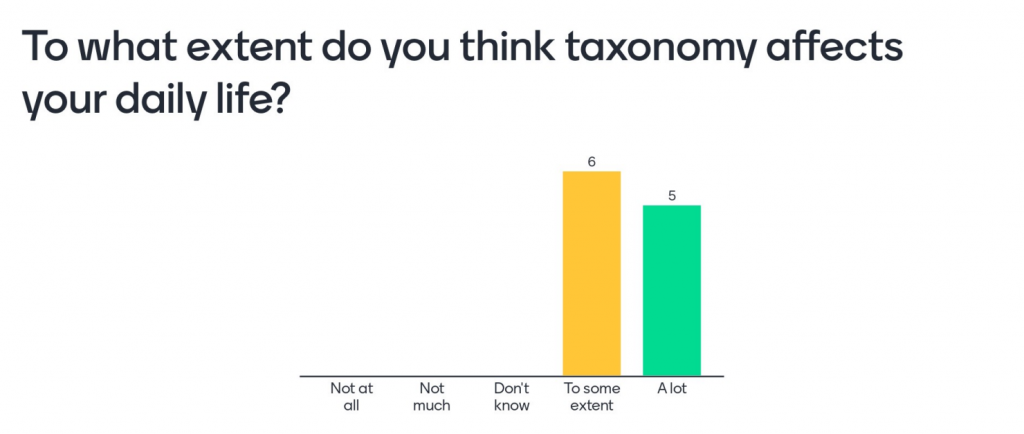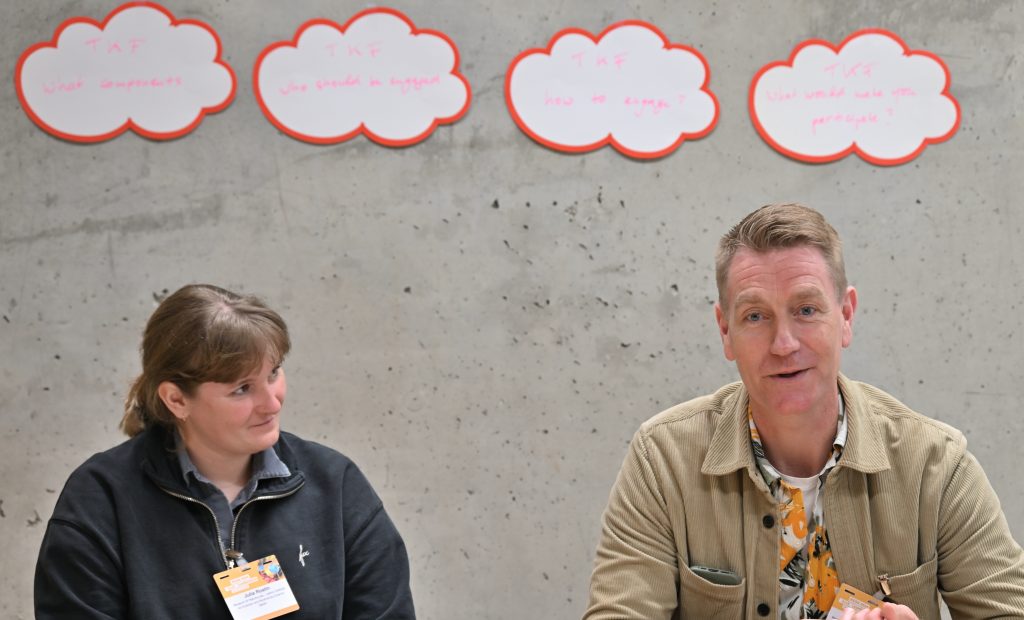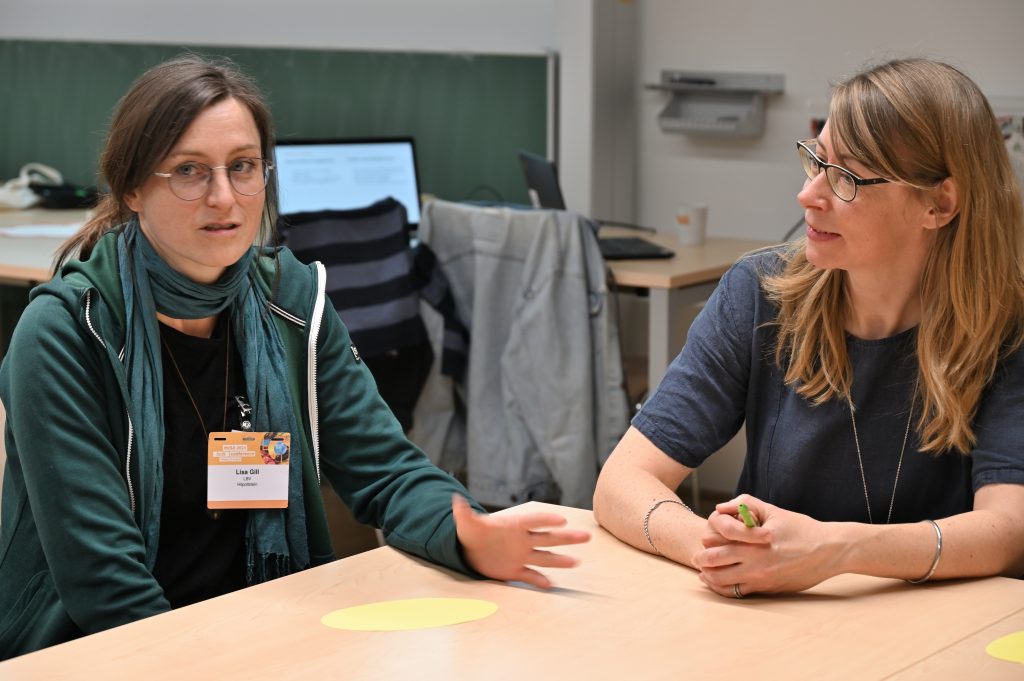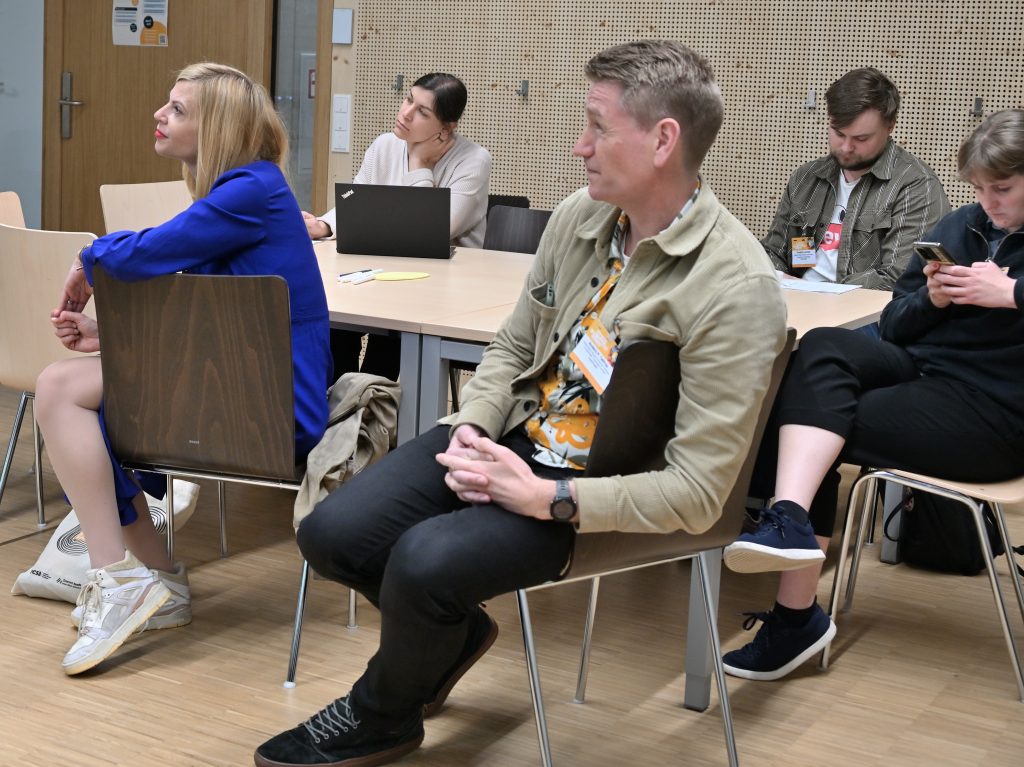
On Thursday the 4th of April, TETTRIs held a vibrant workshop at the ECSA 2024 conference in Vienna, Austria, on novel methods of engagement for citizen science related to taxonomy and our soon-to-be active Taxonomic Knowledge Transfer Forum.
The workshop was organised to gather participants’ thoughts and ideas on how to best engage the public in taxonomy-related activities, while transferring taxonomic knowledge to them. Capacity building is of utmost importance for long-term monitoring of biodiversity, and ultimately how biodiversity relates to or is a resource in industry, medicine, climate change and other sectors highly dependent or intertwined with nature-based solutions.
The workshop was attended both by experienced researchers and younger professionals, which was very helpful in bringing together different perspectives.
After a brief introduction of the project, our consortium experts held two breakout sessions on the topics detailed above. The workshop was held by Michael Magee (Natural History Museum of Denmark) and Joe Jubb, Franziska Stressmann and Leonardo Veronesi (ECSA).
The findings will be summarised in a report and will contribute to aid the TETTRIs consortium in its efforts to engage citizens with novel methodologies, and create the Taxonomic Knowledge Transfer Forum.
Thanks to our participants for the time well spent together and to our colleagues for their efforts in organising and holding the workshop!
As part of this work, TETTRIs will be holding a European-wide Taxonomy Recognition Day on 23rd May. Follow on social media with #NameItToSaveIt, and find out more here: https://tettris.eu/2024/04/10/the-first-taxonomy-recognition-day-will-be-on-may-23rd-all-around-europe/




